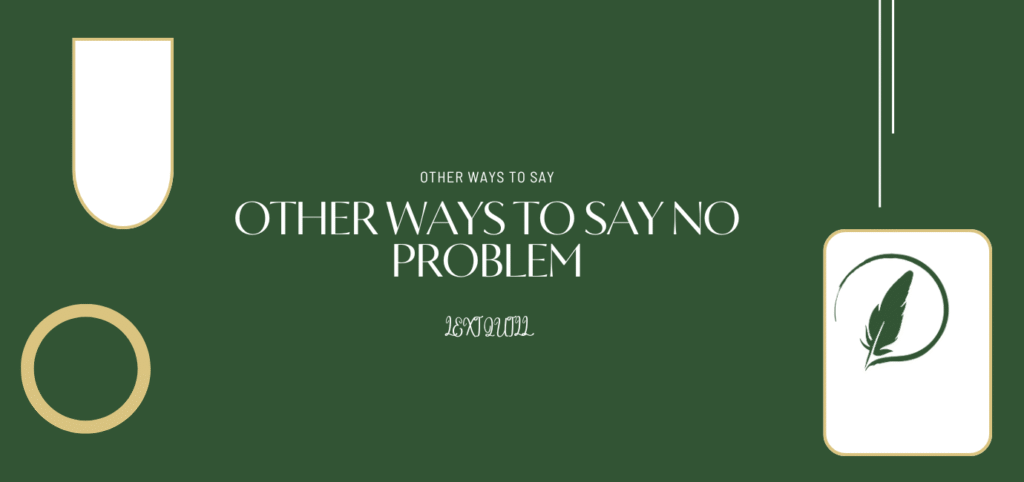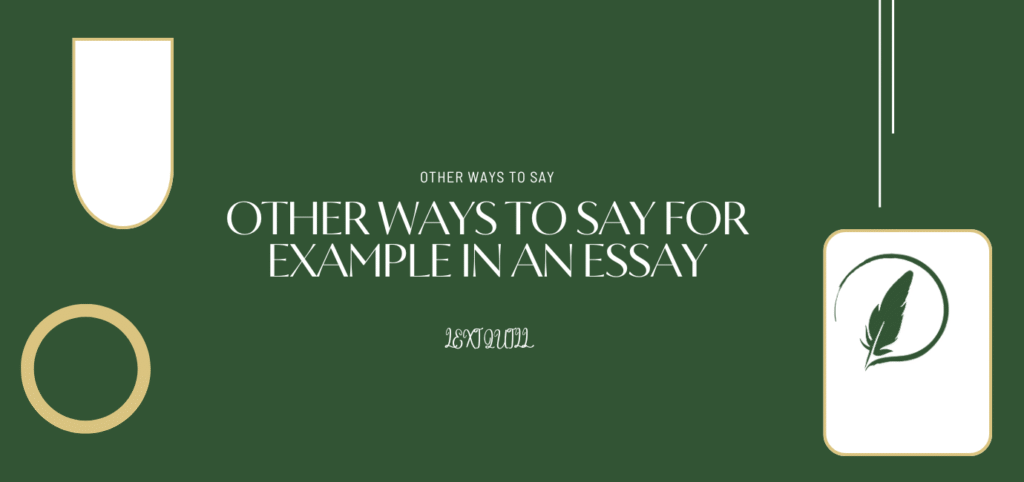If you feel like asking for the reason that something is the way it is or why a thing happened, you simply would like to utter, “How come”
So, however, there are only so many alternatives to this question based on setting, tone, and level of formality. If you prefer a more professional alternative or simply wish to shake up your everyday conversation, ten other “How come?” uses are listed below.
Why Use Alternatives?
While “How come?” is a popular phrase, it’s not necessarily the best choice. First, it’s too informal for the workplace or school settings.
Having some reserve choices available allows you to say the same thing in a different way, fresh, relevant, and appropriate for your addressees. Second, saying the same thing again and again makes your message engaging and dynamic.
1. Why is that?
This phrase is a simple and polite way to ask why something is happening.
Example: You’re not coming to the party? Why is that?
2. What’s the reason?
This alternative is useful when you’re looking for a clear and logical explanation.
Example: You decided to change your major? What’s the reason?
3. Why did that happen?
If you’re asking about a past event, this is a great way to phrase your question.
Example: The meeting got canceled? Why did that happen?
4. What led to that?
Use this phrase when you want to understand the factors that caused a situation.
Example: You switched jobs? What led to that?
5. How did that come about?
A slightly more sophisticated way to ask how or why something happened.
Example: You two became business partners? How did that come about?
6. Why so?
This is a short and casual way to ask why something is the case.
Example: You’re feeling a bit off today? Why so?
7. What’s the backstory?
If you’re looking for a more detailed explanation, this phrase works well.
Example: You and Alex aren’t talking anymore? What’s the backstory?
8. What’s going on?
This is a broad and conversational way to ask for an explanation.
Example: You seem upset. What’s going on?
9. Why do you think that?
This is particularly useful when responding to an opinion or belief.
Example: You don’t like the new policy? Why do you think that?
10. Can you explain why?
This is a direct and polite way to ask for clarification.
Example: You turned down the offer? Can you explain why?
Final Thoughts
Language is a strong instrument, and the words we use can have a significant effect on how we’re received. Whether you’re trying to tone down the tone, bring some creativity, or just steer clear of the clichés.
These ten “How come?” alternatives provide a lot of choices. The next time, give one of these phrases a try it could make your point more memorable.








